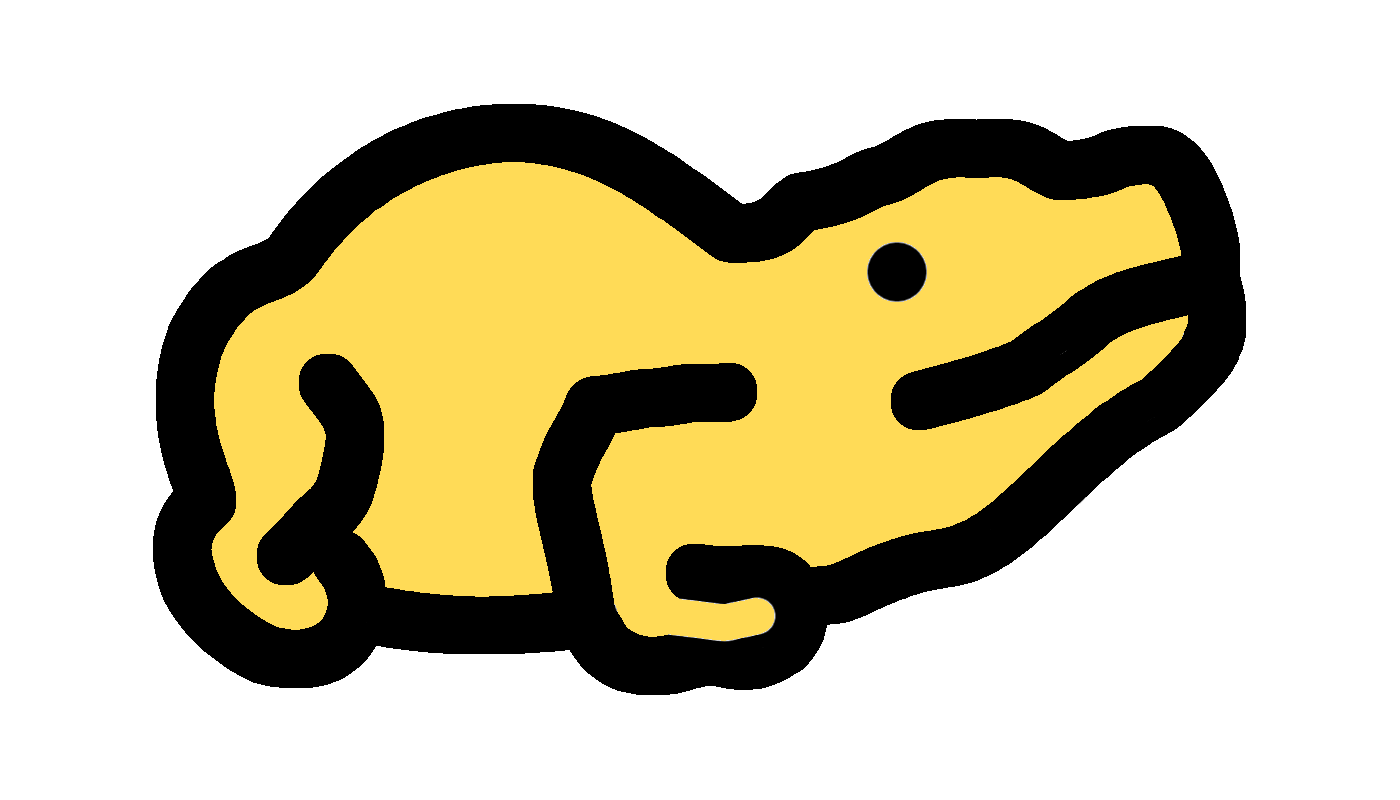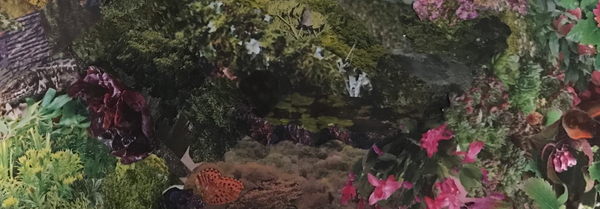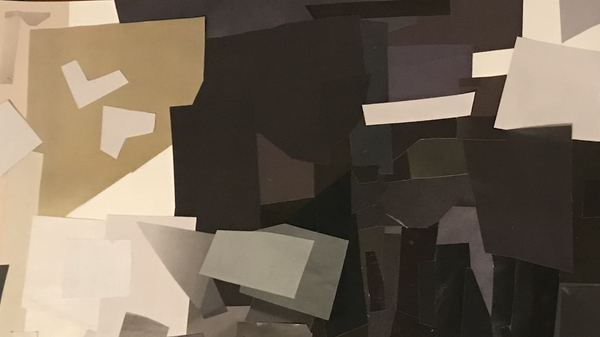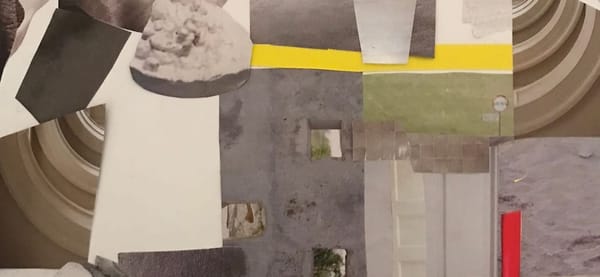starting out
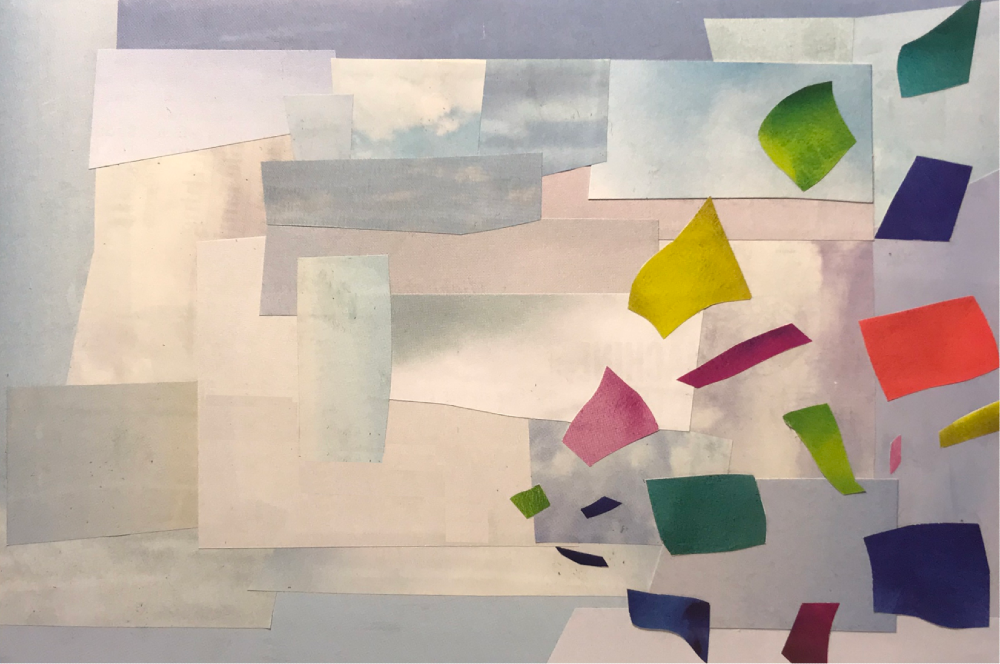
I have started a PhD. Now three months through, I have found my bearings, and—after what sometimes seemed like just a lot of admin (project planning, navigating bureaucracy)—it feels like I am truly getting started.
A good time, then, to put some introductory words out into the world!
I want to write about my journey, to clarify my own thinking and share it with others. I have read enough prompts recently about the importance of writing in public for reflection and learning. None of them really new but all in chorus forming a sense of inevitability.
So. What is my PhD about?
I am still working out how to talk clearly about it, outside of my own head, and on top of that, appropriately tailored for people's differing experiences in academic or food system or facilitation contexts. Along those lines, the working title of the project may or may not be evocative, exciting or resonant for you, depending on your own background: "Navigating tensions in co-production across agrifood system stakeholders in the AgriFood4NetZero Network+".
To try and make it simple: I am doing a long-term research project about what it takes for people to work together effectively to address really big complex challenges like the climate crisis. It seems sensible to assume that a big complex challenge requires coordination between lots of different groups of people, and that this coordination or collaboration will be challenging.
Now that is a very big topic, and I have to look at it in a manageable way. I am focusing on the efforts of the Agri-Food for Net Zero Network, which is a group of academics and other folks in farming and food provision. As the name suggests, they are looking at how UK food and farming has to change to become sustainable, and trying to help make that happen.
I am interested in this because of my background, engaging in various ways over the past 10+ years with the horrors of industrial and intensive animal production, aka "factory farming" (which I can say more about in the future). Repeated experiences fanned a few sparks of interest into burning questions. Including:
- How can I be so convinced of the evidence and urgency of an issue, but someone else cannot see it at all? How do we bridge that gap?
- At other times, how can it seem like people broadly agree they are facing a challenge, but struggle to reconcile very different understandings of what is wrong, and what their collective response should be?
- How can we effectively work on topics that trigger defensiveness or perceived threat?
- On what and whose terms do we get to contribute to an issue we care about? (How) can a concerned citizen, a mother, someone who doesn't have a "relevant" professional job contribute alongside professors and policy writers and campaign managers?
- In the present juncture, characterised by (narratives of) polarisation, and extremely unequal distributions of wealth and power: what are the real prospects for even the most effective collaboration?
Fire-shields against hungry flames of uncertainty, some lines of thinking have become theories and hunches. It is time for me to test them and put them out into the world, in case they can be helpful to others.
I think we have to talk about values and needs. We have to spend more time listening without expectation, and learn how our fears show up, including as petty, rigid clinging to pet solutions. We repeat the same mistakes, the same old comfortable ways; and often we don't have the awareness, security, skills or time to do otherwise. There are "social technologies" out there, unevenly distributed, or not yet developed, that can transform how we do things, if we are willing. There are creative ways we can exploit and resist the familiar traps of (for example...) too much work, too many ideas, not enough time, and not the right funding incentives.
We need to pay more attention to processes that build or block shared understanding, and better understand conditions that make shared understanding desirable, viable, and achievable (borrowing a framework from Erik Olin Wright). People more or less get on with each other in daily interactions and collaborations; is that due to some level of shared understanding, or something else? If shared understanding—deep, sincere empathy?—is present between collaborators, what difference does that make?
In some modest way my PhD project will contribute to understanding these dynamics, and investigate ways of working that unfix existing power dynamics and break away from failed or false "solutions".
If any of that sounds interesting to you: watch this space! Hopefully, I'll keep coming back to share my progress. And hopefully, you'll share your thoughts and feedback too. I'm eager to hear if you think I'm barking up the wrong tree or missing an important consideration—and eager to practice the art of listening without defensiveness about how I have made sense of things so far.

PS, as I imagine you might be curious—
In an upcoming post, I'll introduce the little mascot that I've made.
